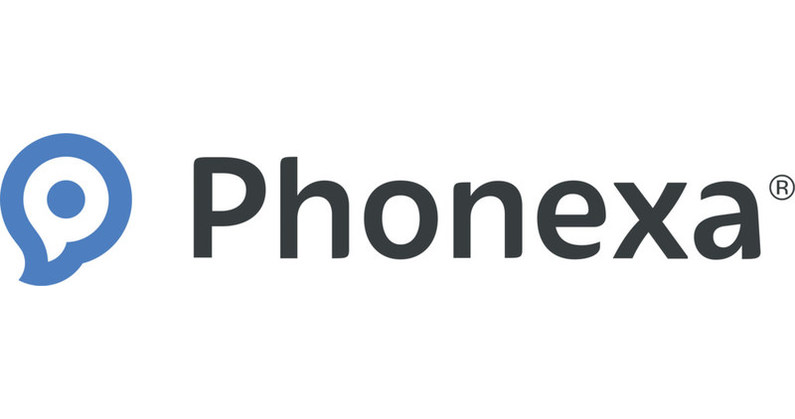There are several models of Android app monetization: from advertising, in-app purchases, subscriptions to selling your app. We have already discussed whether or not you should sell your app.
If you’ve decided that your app is something that you definitely want to sell, the next question is obvious. How much should you charge? Obviously, you’d like to charge a million dollars from each user, but then nobody will buy it. Of course, if you did manage to make one sale, you’d be in good shape. It’s important to be realistic, while not undervaluing your service.
Even though most apps for Android cost $0.99, the average price can have a range from $0.99 to $4.99.
Before you create a pricing strategy for your app, it is important to do research: explore what prices are used for similar apps in your category and app niche, define the real price range for your app. This range can differ from one category to another. You can to choose increase or decrease price depending on what exclusive feature your app can offer. And don’t forget to look through free apps in your niche. It will be hard to compete with free apps if they have the same features and value as yours.
Pricing your Android app
First, while a lot of people price their apps at the $0.99 price point, it’s not necessarily the best price for your app by default. But it’s the minimal price you can put for the app.
$0.99 is a good price for a game that kids are going to buy because it’s easy for them to convince their parents to spend a buck on a game.
When it comes to utility apps, there’s generally a sense that you get what you pay for, so people might actually choose a slightly higher priced app in the same category.
You can experiment with your price, finding a “sweet spot” – a price where people seem to buy your app at a fast pace. Many app makers find this price to be around $3.99.
But still you need to understand uesrs user expectations. Most users expect apps to be free or to have the lowest price possible – $0.99. To charge more for Android app you need to provide really exclusive and important features, your app should be attractive (screenshots, icons, etc) and provide value for users.
It might seem counter-intuitive, but if at first, you don’t get a lot of buyers, you might want to raise your price to see if you make your app look higher class.
Tips for pricing your Android App:
- Research competitors prices;
- It’s better to underprice your app than overprice it;
- Do not stick with one price, test different pricing strategies;
- Don’t ask more than $3.99 for your Android App;
- Provide attractive design of screenshots to get attention of users;
- Make time-limited discounts and special offers to drive more sales.
If you’re left scratching your head as to what to do, here’s our suggestion:
For a game, try pricing your game at $0.99 to attract a younger audience that needs to convince their parents.
For a utility, try pricing at $3.99 to show that you think your app is worthwhile without hitting a price point high enough to make people really think about the expense.
Don’t forget that paid app monetization is a popular strategy, but yet it is less effective than freemium, in-app purchases or advertising. Users can’t test your app before spending their money and that can affect your installs and incomes. You should try and examine the possibility of in-app purchases strategy (subscription or freemium model), if you want to have a solid income from your Android app. It already generates 2 times more money than paid apps on the market and this trend will stay for a long time.

